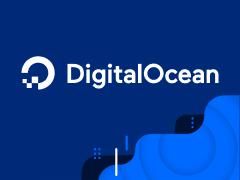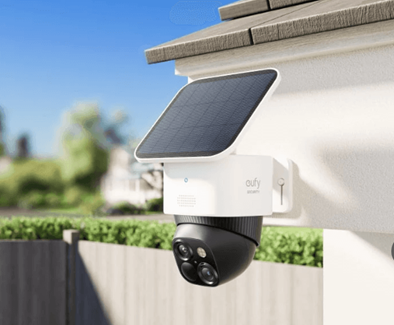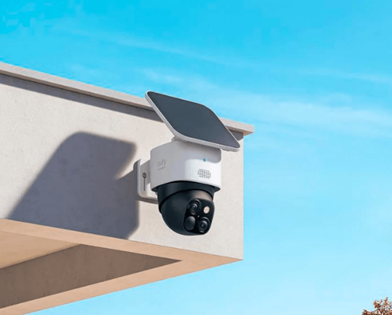Optimistic about the impact of container technology in the industry, Gartner predicts that by 2022, more than 75% of global organizations will be running containerized applications in production and up from less than 30% today. As a result of the growing use of containers, the demand for container management is increasing for enterprises. Worldwide container management revenue will grow strongly and reach $944 million in 2024. Accordingly, Gaia not only strengthens the skills for employees to provide Kubernetes consulting, deployment services, and to obtain certifications to provide official Kubernetes Chinese courses, but also introduces container tools, such as CI/CD platform – Gitlab and vulnerability scanning service, which can help organizations to build a containerized architecture step-by-step and ensure the operation of each business works efficiently. Wu Bing-jun, the founder and CEO of Gaia, said, “In order to help organizations to stay ahead of the curve, Gaia not only invests heavily in cultivating certified instructors, but is also devoted to fostering more talents through training courses.”
Recent Posts By Veronica HaggarMore from Veronica HaggarRelated PostsShow moreShow less
In order to reduce the reliance on virtual machines, keep system resources effectively utilized in a more economical way, and respond quickly to changing markets, containertechnology has attracted market attention in the past few years. AWS, Microsoft Azure, Google Cloud and other cloud computing platforms embrace container technology actively. Many organizations are also starting to deploy containers. As the best partner for enterprises to create and deploy cloud services, Gaia not only actively embraces container technology, such as developing official websites, customer services, accounting management and other systems in a containerized environment, but also gains a lot of experience in providing container deployment and consulting services as well as negotiating cooperation with the Cloud Native Computing Foundation (CNCF), which is the part of The Linux Foundation, to provide authorized Kubernetes training courses, and help students to prepare for certificates like CKA (Certified Kubernetes Administrator) and CKAD (Certified Kubernetes Application Developer).
“Gaia is the first CNCF certified hybrid cloud provider in Taiwan, but is also an institution with the most certified instructors. Last year(2021) alone, five of our employees became CNCF certified instructor (there are only 26 certified instructors in Greater China). This year (2022), we will extend the number of instructors to seven .”

Lin Hou-nian, R&D director of Gaia, explained that there are two reasons why Gaia starts with education services: Firstly, the rapid growth of container technology, and secondly, container management is related to a variety of technical skills, such as development, infrastructure architect, microservice management, and decouple design skills etc. Therefore, it is not easy to cultivate talents, and the world is experiencing an ongoing talent shortage.
In order to ease the dilemma of talent shortage, Gaia cooperates with CNCF to provide (officially authorized) training courses in Chinese, and actively shares practical experience with the market by writing articles in the open source community and participating in technical forums, etc. Gaia also plans to make tutorial videos to help IT engineers, software engineers, fresh graduates or people changing their careers to become a master of container technology faster.
“Within 3 months after launching the training courses, we have successfully assisted transportation and semiconductor organizations to cultivate a total of 40 talents specialized in container technology, and helped more than 30 students successfully obtain the license. We also achieved high customer satisfaction around 98%. Gaia will continue to offer more CKA and CKAD courses in response to market demand. In addition, we are willing to cooperate with education institutions to cultivate more talents,” Wu Bing-jun said.
It is not enough to only provide Kubernetes training courses. Gaia implements platform services for practical needs: Gitlab and vulnerability assessment service. Lin Hou-nian said that Gitlab is a one-stop DevOps platform, which not only helps enterprises manage and track the progress of containerization projects at the same time, but also has powerful CI/CD functions. Gitlab can easily connect to GitHub, Bitbucket and other services.
“As for vulnerability assessment services, we can carry it out when developing containerized applications, which can reduce security risks in the first place for our customers. We have helped many financial and manufacturing customers introduce this service. “
In addition to plan training courses and platform services, Gaia also provides customized services according to customer requirements, such as helping enterprises deploy containerized applications through proof-of-concept (PoC) methods. Wu Bing-jun said: “Our goal is to provide customers with one-stop services, thereby lowering the threshold for customers to deploy containerized applications, and enjoy the maximum benefits of cloud-ready infrastructure. With the popularization of container services, we will further expand our business to hosting service.”
Looking forward to the future, Gaia will continue to strengthen the existing containerized products and services, develop more diversified DevOps and DevSecOps services, and respond to the containerization trend – Infrastructure as Code, automated deployment, scalable expansion, Cloud-to-Cloud Integration – by expanding service offerings to help customers create a cloud-ready system environment that keeps pace with the times through container technology to drive business performance.









